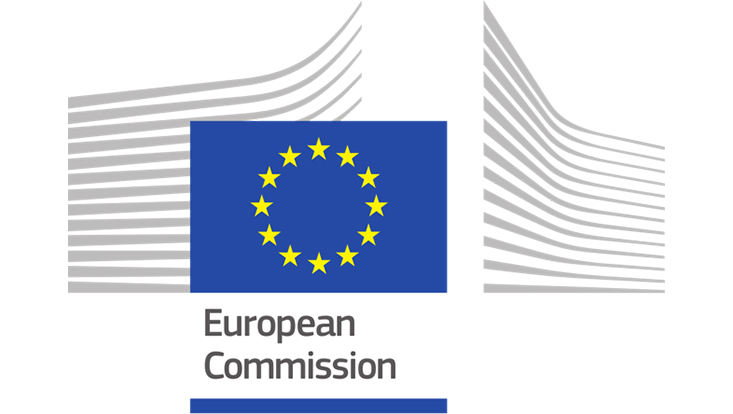Networks
Research themes
Voter model and coalescent random walks on random graphs
| Summary |
The voter model is a classical Markovian interacting particle system in which each vertex of a graph has a binary opinion that evolves over time depending on the opinion of the neighbors of the vertex. The behaviour of the voter model on infinite regular lattices, as well as on finite lattice boxes, has been studied extensively in the last decades. The analysis relies on the exploitation of a duality relation between the voter model and a system of coalescing random walks. We focus on the voter model on sparse random graphs drawn from the configuration model, both directed and undirected. The project has three lines of research:
|
| Supervisors | Frank den Hollander (UL) and Luca Avena (UL) |
| PostDoc | Matteo Quattropani |
| Location | Leiden University |
This project has received funding from the European Union's Horizon 2020 research and innovation programme under the Marie Skłodowska-Curie grant agreement Grant Agreement No 101034253.

